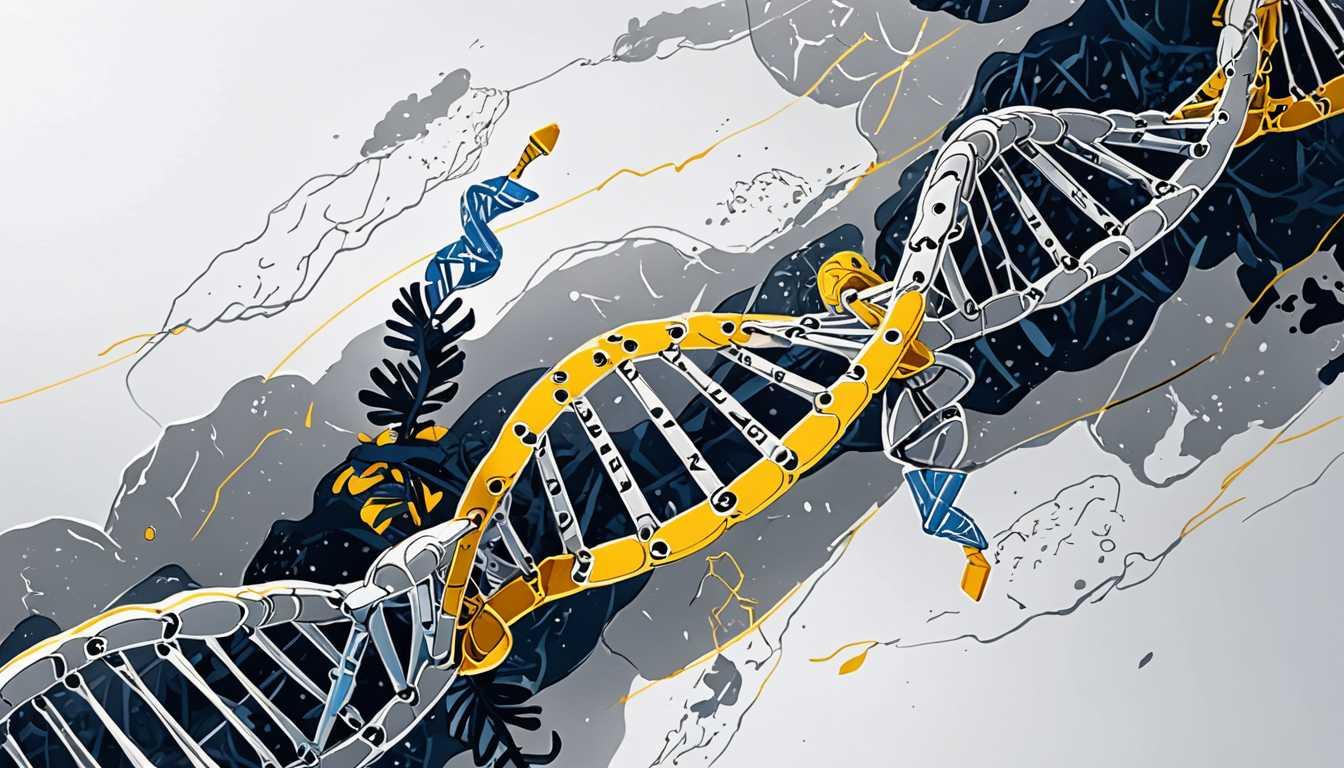Redefining Healthcare: The Longevity Revolution
March 2024
MIT Technology Review
Introduction
Dive into the fascinating world of longevity medicine, where a group of pioneering doctors and scientists met in chilly California to redefine healthcare. Their mission? To extend our healthy years, moving from treating diseases to preventing them. This isn't just a new medical field; it's a revolution in making proactive healthcare credible, complete with gold standards and rigorous guidelines. From high-end spas to clinics offering unproven treatments, the quest for legitimacy in longevity medicine is both challenging and crucial. Discover how these trailblazers are setting the stage for a healthier future in this eye-opening article from MIT Technology Review.
READ FULL ARTICLEWhy It Matters
Discover how this topic shapes your world and future
Unlocking the Fountain of Youth
Imagine a world where living to 100 in good health is the norm, not the exception. This is the vision of longevity medicine, a budding field aiming to extend our healthy years, not just our lifespans. It's about shifting from a healthcare system that reacts to diseases to one that prevents them proactively. For you, this could mean a future where seeing a doctor involves comprehensive tests to tailor health strategies just for you, ensuring you stay vibrant and active well into what used to be considered old age. The implications are huge: from reducing the burden of age-related diseases globally to potentially transforming how societies function. It's a peek into a future where every person has the chance to live their longest, healthiest life.
Speak like a Scholar
Longevity Medicine
A new branch of medicine focusing on extending the healthy, productive years of life by preventing age-related diseases before they start.
Proactive Healthcare
An approach to medicine that emphasizes preventing disease and maintaining health rather than treating illnesses after they occur.
Biological Age
An estimate of your health and longevity based on various biomarkers, rather than the number of years you've lived.
Aging Clocks
Tools that predict biological age by examining changes in DNA as we grow older.
VO2 Max
A measure of the maximum amount of oxygen your body can use during exercise, indicating cardiovascular fitness.
Microbiome
The community of microbes living in your body, which plays a crucial role in your health, from digestion to immunity.
Independent Research Ideas
The Psychology of Aging
Investigate how attitudes towards aging affect physical health outcomes. This could explore the impact of societal perceptions on the aging process and the potential psychological benefits of aiming for a longer healthspan.
Ethics of Longevity Medicine
Delve into the ethical considerations of extending human life. This topic would cover the implications of longevity treatments being accessible only to the wealthy and the moral dilemmas of potentially overpopulating the planet.
The Role of Diet in Longevity
Examine how different dietary patterns contribute to extending healthspan. This research could compare the effects of various diets, like Mediterranean or plant-based, on markers of aging and longevity.
Technology's Role in Personalized Medicine
Explore how wearable technology and AI can revolutionize personalized healthcare plans for extending healthspan. This could include studying the effectiveness of fitness trackers and health apps in preventing age-related diseases.
The Impact of Exercise on Biological Age
Investigate how different types and intensities of exercise affect biological age markers. This study could help identify the most effective exercise regimens for slowing down the aging process.
Related Articles

Mindsets: Transforming Patient Care
February 2024
Stanford University

Cheers or Fears? The Alcohol Debate
January 2024
Harvard University

Tiny Gene, Big Impact: A Genetic Breakthrough
June 2024
University of Bristol

Chance in Healthcare Unveiled
July 2023
Harvard University

Repurposing Meds: A New Hope for Dementia
January 2025
U of Cambridge Research